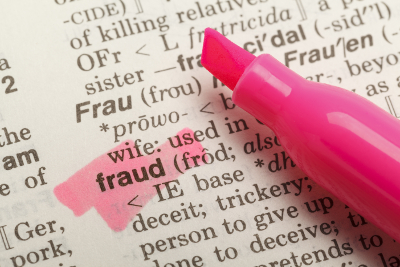It is not a secret – declaring bankruptcy is a tough decision and comes with its own set of long-term consequences. However, if a Chapter 7 or a Chapter 13 bankruptcy is your only way to dig yourself out of the mounting debt. It can be difficult to cope with the tangles of declaring bankruptcy and paying back creditors through the bankruptcy estate.
Married Couples
One consideration you may have when debating whether or not to declare bankruptcy is how it affects your family. If you are married, your bankruptcy discharge will affect your spouse. There is not a rule saying that you must file jointly with your spouse.1 Filing jointly works best when both of you have a lot of joint debt. However, filing separately works best if there is a lot of separate property (i.e. an inheritance).2
Divorce
If you are filing for a divorce, you have the choice of filing jointly or separately. If you file together, then dischargeable debts will be eliminated for both of you.3 However, if one of you files things become a little more complicated. If there are non-exempt assets, bankruptcy filings pull all community property into the bankruptcy estate.4 Exempt property means the type of property you get to keep; that is, that which does not get included in the bankruptcy estate to be distributed to creditors.5 For example, a vacation home or a family heirloom may be part of the bankruptcy estate, but exempt property can include pensions or motor vehicles up to a certain value.6
There are a multitude of issues that arise from declaring bankruptcy in a divorce scenario that are probably best taken up with a bankruptcy or family law attorney. This is because most family-law related debt such as alimony will not be discharged by bankruptcy.7 Any debt that is dischargeable falls into very narrow exceptions, depending on the state, and usually apply to a specific chapter of the bankruptcy code.8 Further, the automatic stay benefit to bankruptcy does not apply to paternity tests, child custody and visitation, matters regarding domestic violence, or establishment or modification of domestic support orders. 11 U.S.C. A� 362(b)(2)(A).
Children
Bankruptcy affects families in ways beyond the courtroom. Much like divorce itself, financial distress causes emotional distress as well. Children can be very sensitive to the financial suffering of their parents.9 Some studies show it is better to confront children about the process so they may be informed about what is going on.10 The entire family should be included in the process as you learn and grow together. There are many guidance books out there that help make the informational transition easier by chronicling stories of other families who have gone through bankruptcy.
[1] Joe Volin, Can One Spouse File an Arizona Bankruptcy Alone?, arizonadebtrelief.com (Sep. 2, 2010), http://www.arizonadebtrelief.com/can-one-spouse-file-an-arizona-bankruptcy-alone/.
2 Id.
3 Divorce & Bankruptcy, moranlaw.net, http://www.moranlaw.net/familylaw.htm (last visited Oct. 20, 2014).
4 Id.
5 Exempt vs. Non-Exempt Property Under Chapter 7, bankruptcy.findlaw.com, http://bankruptcy.findlaw.com/chapter-7/exempt-vs-non-exempt-property-under-chapter-7.html (last visited Oct. 20, 2014).
6 Id.
7 Steve Sather, Unhappily Ever After: Family Law Issues In Bankruptcy, stevesathersbankruptcynews.blogspot.com (Nov. 1, 2010 3:32 PM), http://stevesathersbankruptcynews.blogspot.com/2010/11/unhappily-ever-after-family-law-issues.html.
8 Id.
9 Carolyn Aiken, Bankruptcy and Children, chapter7-11.com, http://www.chapter7-11.com/bankruptcy%20and%20children.html (last visited Oct. 20, 2014).
10 Id.


